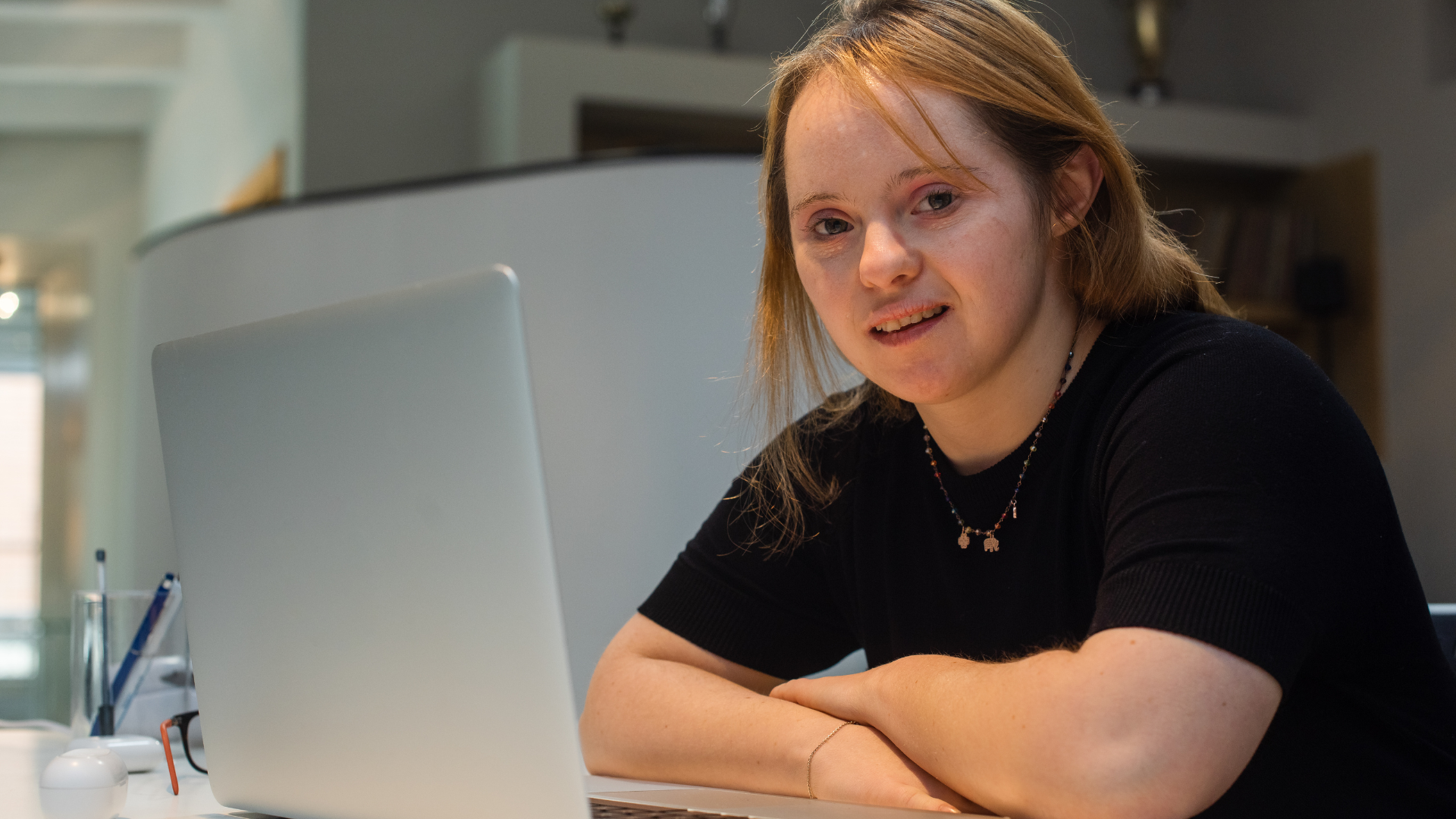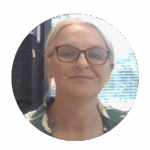
WWETB Disability Support is committed to promoting Equality and Inclusion in WWETB for all learners. We offer a confidential and accessible service that can support you in your learning journey. If you have a disability or long-term health conditions, you can register for Disability Support Services here.
Supports Available
Universal Design involves the design of the digital and built environments, services, and systems, so they are accessible to everybody. As a public sector body, we aim to use Universal design in all new buildings and in the digital environment.
Universal Design for Learning (UDL) is a set of principles for curriculum development that give all individuals equal opportunities to learn, including Students with Disabilities. UDL aims to improve the educational experience of all students by introducing more flexible methods of teaching, assessment, and service provision to cater for the diversity of learners in our classrooms. We are aiming for to use Universal Design for Learning in all our Further Education and Training provision.
If you have a disability, you should contact the Disability support service. They will conduct a Needs Assessment interview with you, which will look at the demands of the course you are on, and the impact of your impairment, and put in place any Reasonable Accommodations that you need. Reasonable Accommodations are changes that can be made for an individual with a disability. We will support you with a LENS report which is an individualised Learning Education Needs Support plan for you to share with your tutors.
It is your decision to disclose your disability and to who you will disclose your disability. It can be extremely helpful for you to disclose your disability to us in Disability support, in order that we can support you with Assessment of Need, Reasonable Accommodation and Learning Education Needs Support plans. When you disclose your disability with the Disability support service, they will ask you if they have permission to share your confidential information on a strictly need to know basis with relevant staff, to support you on your course or program. You will be asked during the Needs Assessment process for consent to this sharing of your confidential information. Data Protection will be discussed with you, and we will outline how your information will be stored, accessed, and used. You will be asked to give us your consent to share your data.
Disability support services can support you with Assistive Technology. If you have specific equipment, software or a device that you use, we can support you to incorporate these into your education course, module, or program. We have some Assistive technology that you can borrow while you are with us on your course and you are welcome to bring your own device.
Assistive Technology is any equipment, software or product that is used to increase, maintain or improve a person’s functional abilities. It can be used to access content or preform tasks. AT can be used by people with or without a disability and many Assistive Technologies are used by everyone and are widely available and in-built tools.
Adaptive technology refers to devices, software, and systems designed to help people with disabilities overcome barriers and participate more fully in daily life. It is a subset of assistive technology, specifically focusing on solutions that are created or adapted for individuals with disabilities.
Augmentative and Alternative Communication (AAC) technology encompasses a wide range of tools and strategies that help individuals with communication difficulties express themselves. It is used when verbal speech is limited or absent, and it can be either augmentative (adding to existing speech) or alternative (replacing speech). AAC can range from simple tools like picture cards to sophisticated electronic devices.
Alternative formats like audio, Braille, electronic (e-text), and large print are used to make standard print materials accessible to individuals with print disabilities. These formats allow people who are blind, visually impaired, or have other print-related challenges to access information that would otherwise be unavailable to them.
Public bodies should have all their information on their websites and their mobile applications accessible, including that they can be used by screen readers and assistive technology. Digital content must be checked for accessibility under this legislation. If you are having difficulty with our website or digital content, you can contact the Access Team accessibility@wwetb.ie
ISL was officially recognized as a language in Ireland in 2017. Irish Sign Language (ISL) is the official language of the Deaf community in Ireland and plays a vital role in their cultural identity. It is a language of the hands, face, and body. It is a visual and spatial language with its own unique grammar, syntax, and vocabulary, distinct from spoken English and Irish. The Deaf community identify as a linguistic and cultural minority group. However, not all people that are deaf or hard of hearing use Irish sign language and some can use other sign language or Lamh. If you need an ISL interpreter to access our service, please contact the disability support service.
A Personal Assistant supports the Health, Safety, physical or personal care needs of an individual. If you would like to attend our Further Education and Training provision with your personal assistant, we can support you through the Disability support service. If your PA is only available on a part time basis to you, we will support you to source some additional hours of PA support.
A Personal Assistance Service (PAS) provides support to people with disabilities, enabling them to live more independently by directing a personal assistant to help with daily tasks both inside and outside the home. The key aspect of PAS is that the person with a disability is in control, directing the assistant’s tasks and activities, rather than the assistant providing care or support in a traditional sense.
Frequently Asked Questions
If you identify as having a disability you are eligible to our Disability supports service. Supports such as Universally designed supports, Learner supports, or Wellbeing and Mental Health supports are available to all. In general, Reasonable Accommodation supports, changes for one person do require an official diagnosis of a disability.
- Talk with your course leader/guidance counsellor
- Email learnersupport@wwetb.ie
- Register at wwetb.ie/learnersupport
- Call/text : Margaret Howard 086 0617072

Learner Voice
We want to know what you think. We run a series of specific events every year, including the Learner Forum, where you can have your say about WWETB courses and services. We also have a WWETB Learner Council that you can get involved in to shape provision and practice. Contact us for more information.
External Resources
- Dyslexia Ireland
- Vision Ireland
- Voice of Vision Impairment (VVI)
- Irish Deaf Society
- Chime
- Inclusion Ireland
- National Platform of Self Advocates
- AHEAD
- Asiam
- Irish Wheelchair Association
- Down Syndrome Ireland
- Disability Federation of Ireland
- Independent Living Movement Ireland
- National Disability Authority
- Irish Human Rights & Equality Commission
- National Advocacy Service for People with Disabilities

